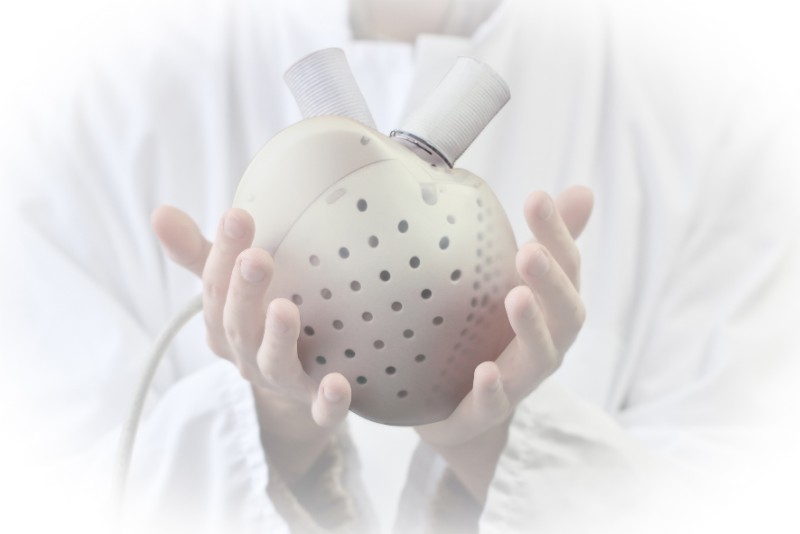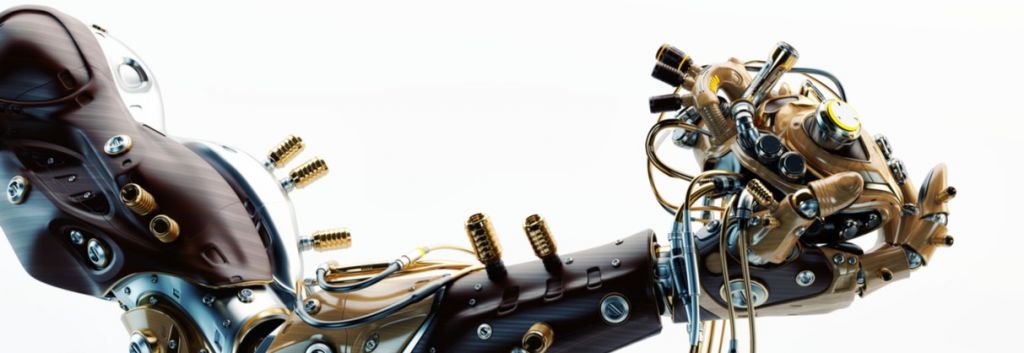Update (11/03/2020): In a record first, Carmat announced today that one patient in its artificial heart trial has had the device implanted for 2 years.
“Passing a two-year period of individual functioning is very encouraging, and confirms the capacity of our device to provide long-term support, which is one of our two key objectives along with that of being a bridge to a heart transplant,” commented Stéphane Piat, CEO of Carmat.
Published 16/01/2019
A fully artificial heart, developed by the French biotech Carmat, has shown promising interim results in patients with heart failure.
Ten patients in Carmat’s ongoing trial were surgically implanted with the company’s artificial heart device, which carries out the heart’s function of pumping blood around the body. Each device comes with an external controller and a battery pack and is designed to replace the patient’s failing heart long-term until a heart transplant becomes available.
There is only one fully artificial heart currently in the market, developed by US-based SynCardia. Unlike SynCardia’s, Carmat’s device is designed to self-regulate, changing the blood flow based on the patient’s physical activity.
The primary endpoint of the trial was the patient’s survival for at least six months, or until receiving a heart transplant. The company found that 70% of the patients met this endpoint, which is a better outcome than in a previous feasibility study run by Carmat to assess the survival of patients with heart failure. However, Carmat’s trial is still at an early stage, and will need more patients to confirm this effect.

A representative from Carmat told me that the higher survival rate was due, in part, to refinements in the implantation process. “We improved the surgical procedure, both time and technique, and this helped patients to recover quicker.” The representative told me that this design has shown a good safety profile in the trial so far, with no reported strokes or gastrointestinal bleeding.
Carmat plans to recruit a total of 20 patients in this trial, including the initial ten tested so far. The company expects the full results of the trial by 2020, when it hopes to apply for European approval for the technology.
The path through the clinic has not been simple for Carmat. It had hoped to gain market approval for its implant this year, but is now aiming to achieve this next year. One reason for this is that the complex technology has been undergoing refinements in the manufacturing process.
“The challenge is that we need to work on three different areas of expertise, which are biology, electronics, and mechanics,” said the representative. “Then, we have in excess of 400 pieces to put together in order to make a heart.”
At the end of 2018, Carmat secured a loan of €30M from the European Investment Bank to support the development and marketing of its artificial heart. Boosted by this cash influx, the company can hopefully get its artificial heart to the market within a couple of years.
Images from Shutterstock and Carmat





